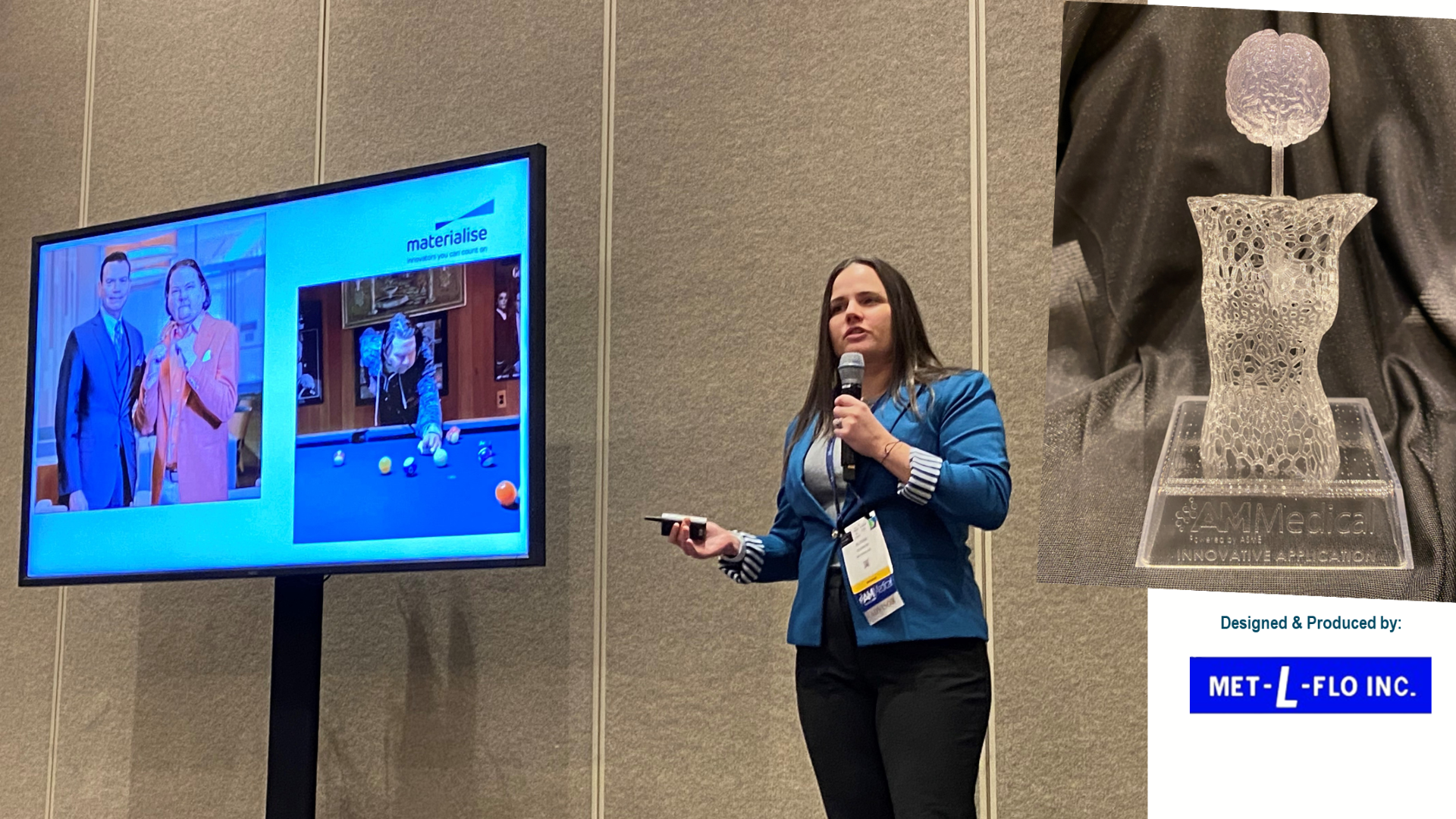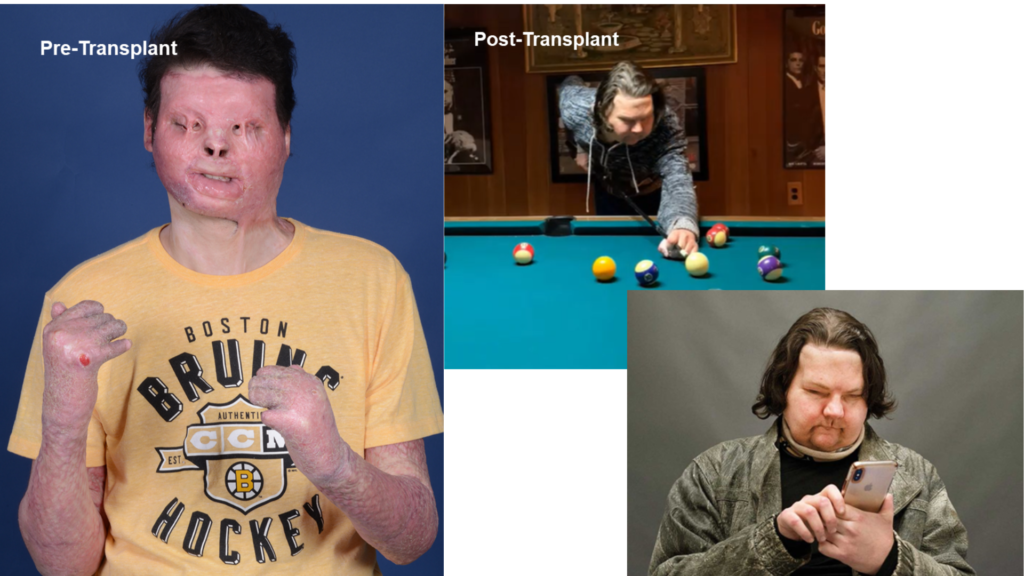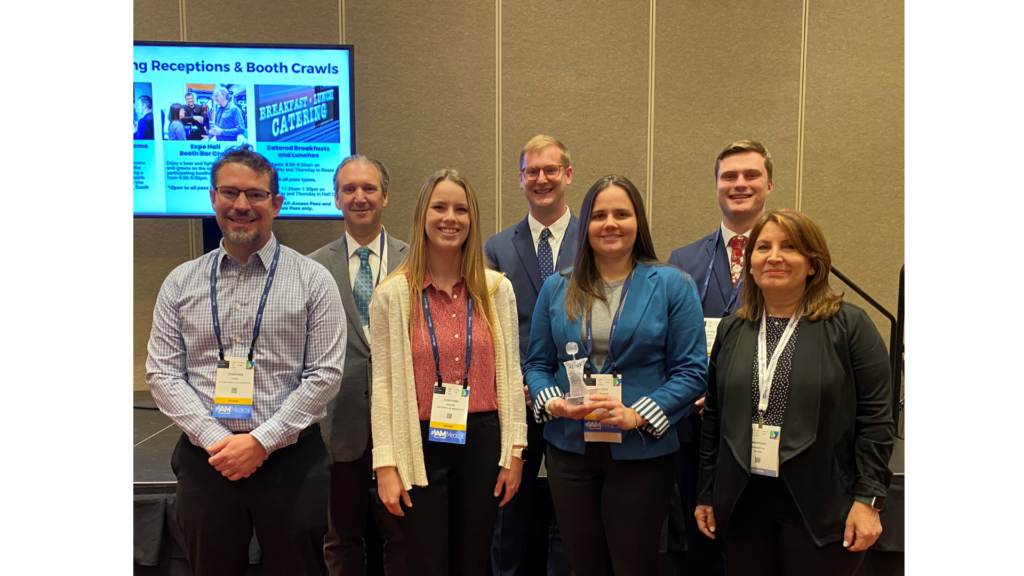
The medical additive manufacturing and 3D printing community is always working to use technology to improve patient care and change lives. Last week at the AM Medical Summit, seven innovators shared just a few of these stories with the audience selecting their favorite innovative medical application as the double hand and face transplant case presented by Alyssa Glennon, from Materialise.
A patient critically injured in a car accident suffered third degree burns over 80% of his body and was placed in a medically induced coma for 2.5 months and went through over 20 reconstructive surgeries leaving the patient without much of his face and fingers, and severely limited hand functionality. Working with Eduardo D. Rodriguez, MD and the NYU Langone plastic surgery team, clinical engineers from Materialise 3D printed models and surgical guides for both the donor and recipient based on the surgeon’s plan. To accommodate the time sensitivity of donations, the donor guides were prepared in several sizes.
Total preparation time for the very complex surgery was 14 months and involved a surgical team of nearly 80 individuals. With the complexity of the surgeries and the many parts involved, the team also 3D printed sterilizable identification tags for nerves and blood vessels, 3D printed models that were used during donor transport, and 3D printed splints, enabling optimal donor hand position during soft tissue reconstruction. In total, Materialise 3D printed and delivered 180 parts for the case, based on CT scans of the donor and recipient. Two Materialise clinical engineers members delivered the guides from their medical manufacturing facility in Michigan to the hospital in New York within 24 hours of receiving the final CT data.
With the help of the detailed planning process and many rehearsals, the double hand and face transplant was successfully completed in 23 hours, shorter than Dr. Rodriguez’s previous face transplants that didn’t include the hands. The patient’s recovery is going well and he is once again able to play pool and futz on his phone.

The remaining innovative medical applications were share by a diverse group of 3D printing healthcare professionals: (left to right) Jonathan Ford, USF/Tampa General Hospital; Daniel Rosen, MD, Baylor College of Medicine & Houston VA; Josephine Nelson, University of Minnesota Medical School; Elliott Hammersley, UPMC; Alyssa Glennon, Materialise; Glenn Seela, University of Minnesota Medical School; and Mahrokh Dadsetan, PhD, Evonik. To read about all of the innovations presented, check out the preview article here.

The award presented was designed and produced by Carl Dekker and the Met-L-Flo team.


